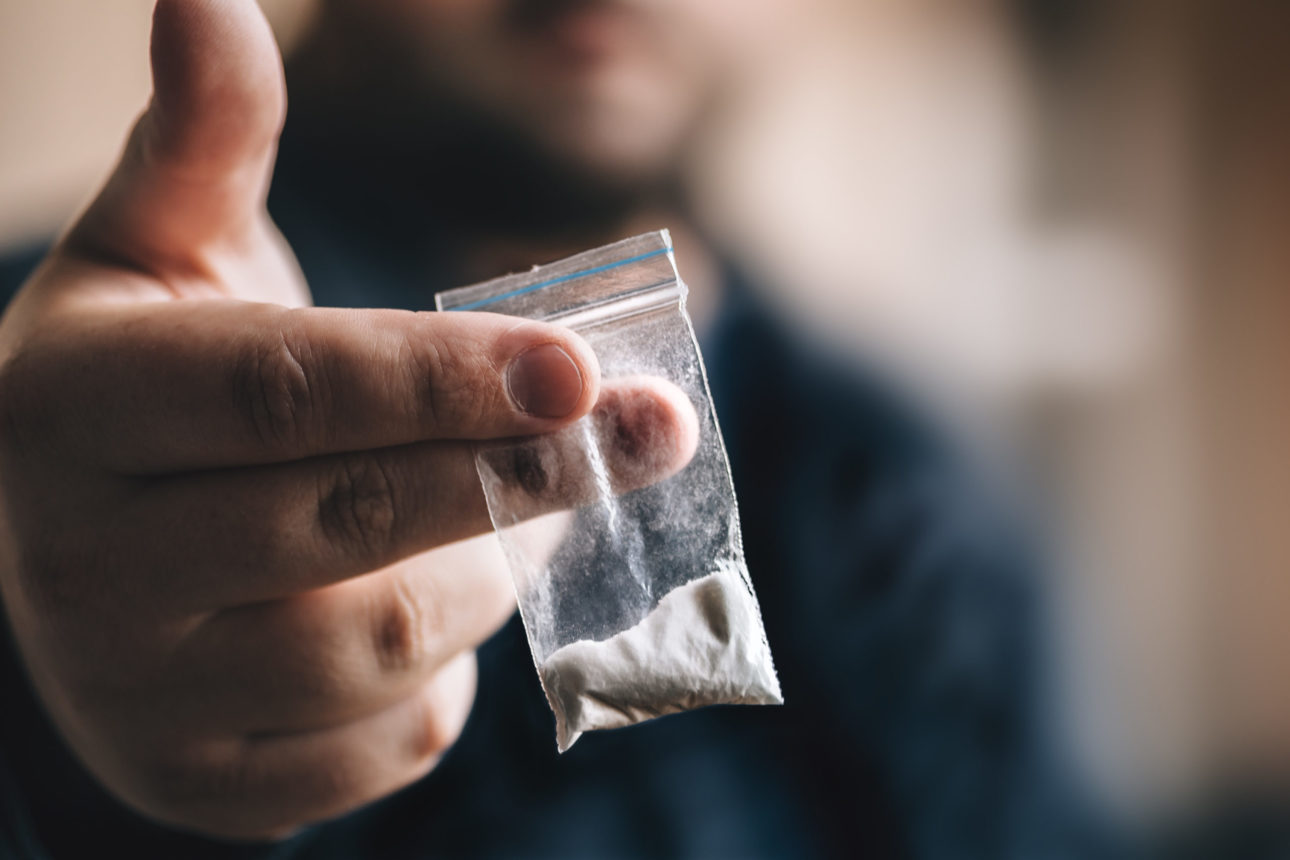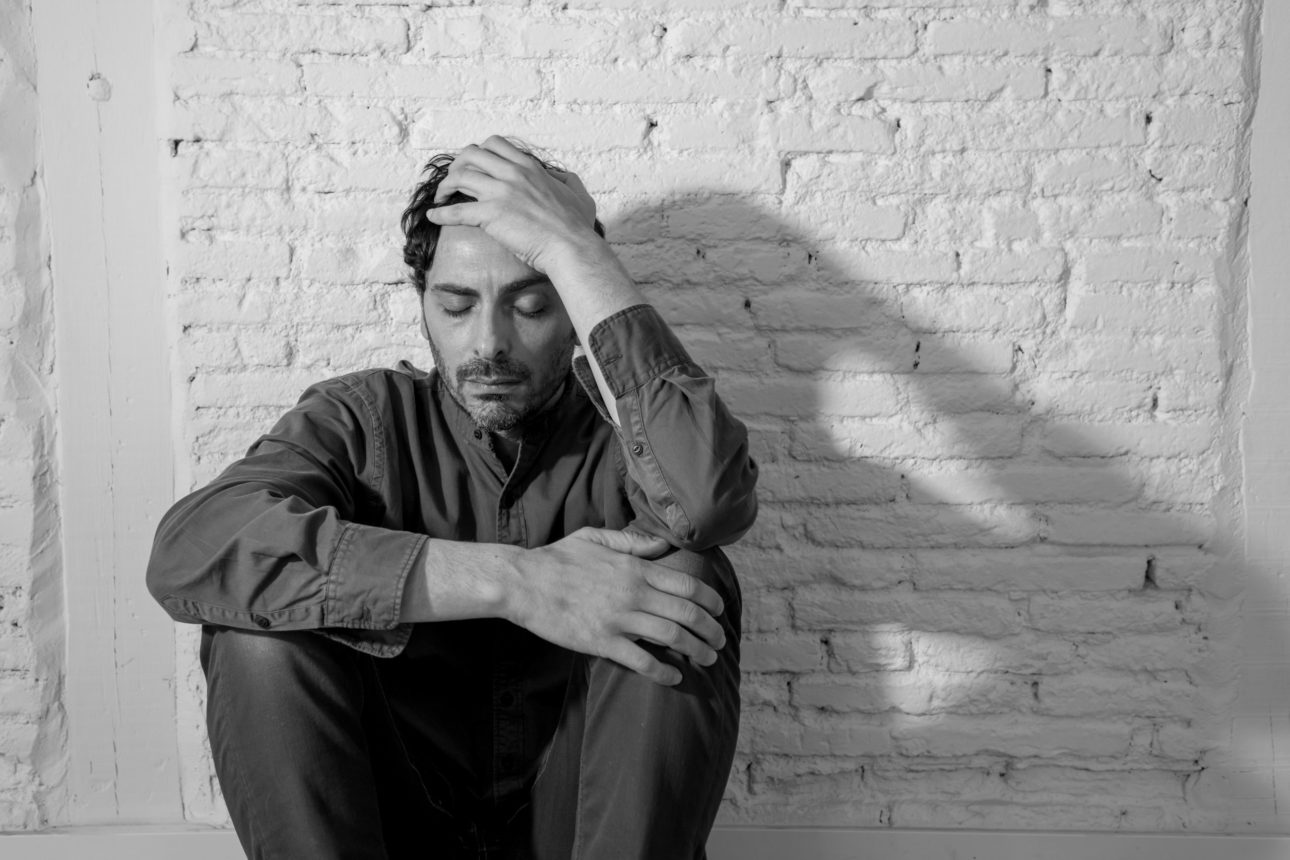For many, cutting ties with an addiction is similar to breaking up a long-term relationship. Going through detox and addiction treatment is effective, but it’s common to enter sobriety feeling like there are unresolved issues. After all, you’ve spent a significant amount of time entertaining your addiction with drug abuse, and you’ve likely let other relationships fall to the wayside as a result.
Like all unhealthy relationships, it’s time for you to end things with your addiction once and for all. It starts with you confronting your addiction head on.
A Letter to Addiction
Ongoing counseling and participation in addiction recovery programs are recommended long after your initial treatment ends. However, you may also find it useful to express your feelings via a letter. Your own thoughts and feelings will be unique, but here is an example that you may find helpful:
Dear Addiction;
For a time, it felt like all I needed in the world was you. For much of our time together, I felt happy and free of other desires. My pain seemed to go away, and I didn’t worry about life. I even let my other relationships disintegrate because of how strongly I felt towards you.
I now know that none of these feelings were genuine and that I was being manipulated throughout our time together. Whenever I felt like you were the key to getting through life, it was nothing more than a lie. For this and many more reasons, it is now time to bid you “goodbye” forever.
You see, I am so much more than just another person risking their life through drug abuse, and I will not be a statistic. As good as I felt when I was with you at times, I felt terrible during others. I missed out on important events and gave up things that once meant a lot to me. I hit some of the lowest points in my life, and I now realize that I am worth more. It is time for me to regain control. I will pursue new opportunities, achieve new goals, and adopt a healthy lifestyle. And to do all of this, I need you out of my life.
That said, I know I cannot blame you entirely for the way things have gone. Just as I am working to regain control in my life, I am also taking responsibility. I chose to start our relationship, and now I am choosing to end it. I know that saying “goodbye” to you for good will take hard work, but I am doing exactly that.
I will also apologize to those whom I have hurt because of how you influenced me. The relationship between you and I may be at an end, but it is not too late for me to rebuild my relationships with my family members and friends.
As challenging as this ending may be, I know it is the right thing to do. I look forward to new beginnings, and you and I will never cross paths again. Goodbye.
Writing Your Own Letter
The letter above is just an example, and yours should be focused on your own experience and feelings. It’s okay to feel sad while writing your letter, but it’s also important to focus on the good things that are about to come. Writing your letter is already a major sign of progress.
What you do with your completed letter is up to you. Many people choose to keep the letter in a safe place where they can revisit it occasionally for inspiration or to see how far they’ve come since writing it. Others choose to destroy their letters as a sign of being done with their addiction once and for all.
If you write your letter as part of an addiction treatment group or in a counseling session, you may be able to share it with others. Doing so can help you relate to others suffering from drug abuse and help you realize you are not alone. Your letter can also serve as a source of inspiration for others.
It’s Not Too Late to Get Help
Grappling with an addiction is not easy, but it is not something you have to keep living with. With the right treatment and addiction recovery plan, you can successfully achieve a life of sobriety. If you are in the Texas or Arizona area and are looking for the right addiction treatment program, our team at Soba Recovery is here for you. We offer comprehensive detox and inpatient treatment for drug abuse, and if you’re reading this, it is not too late to get the help you need. Reach out to us today to learn more about our services!



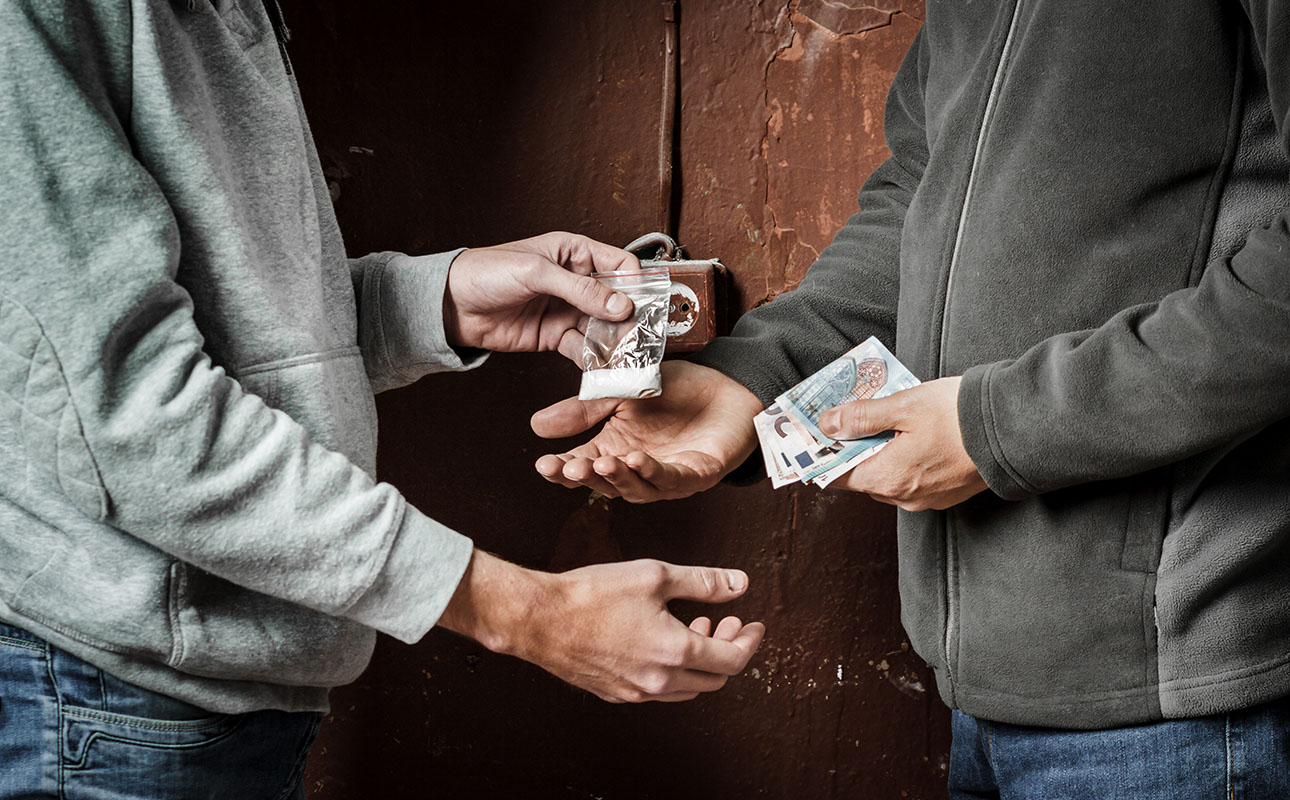
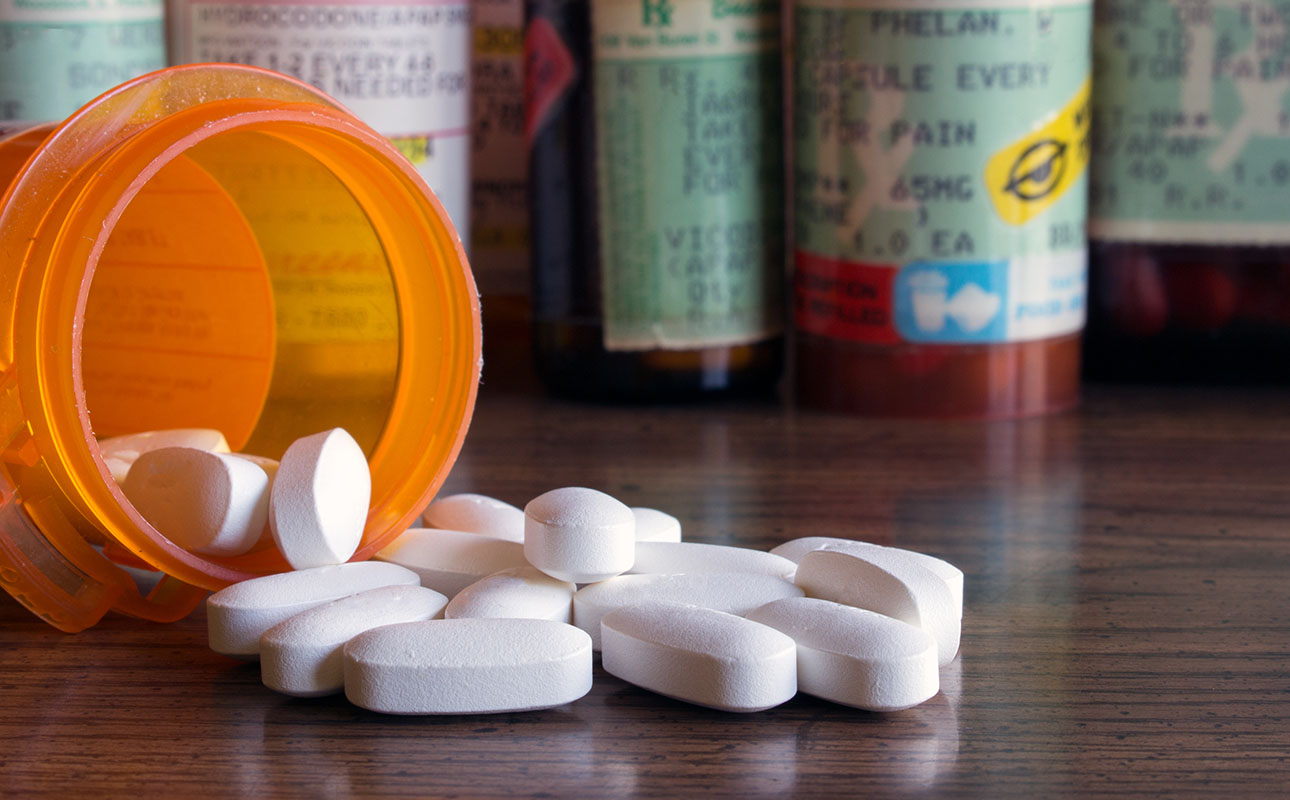
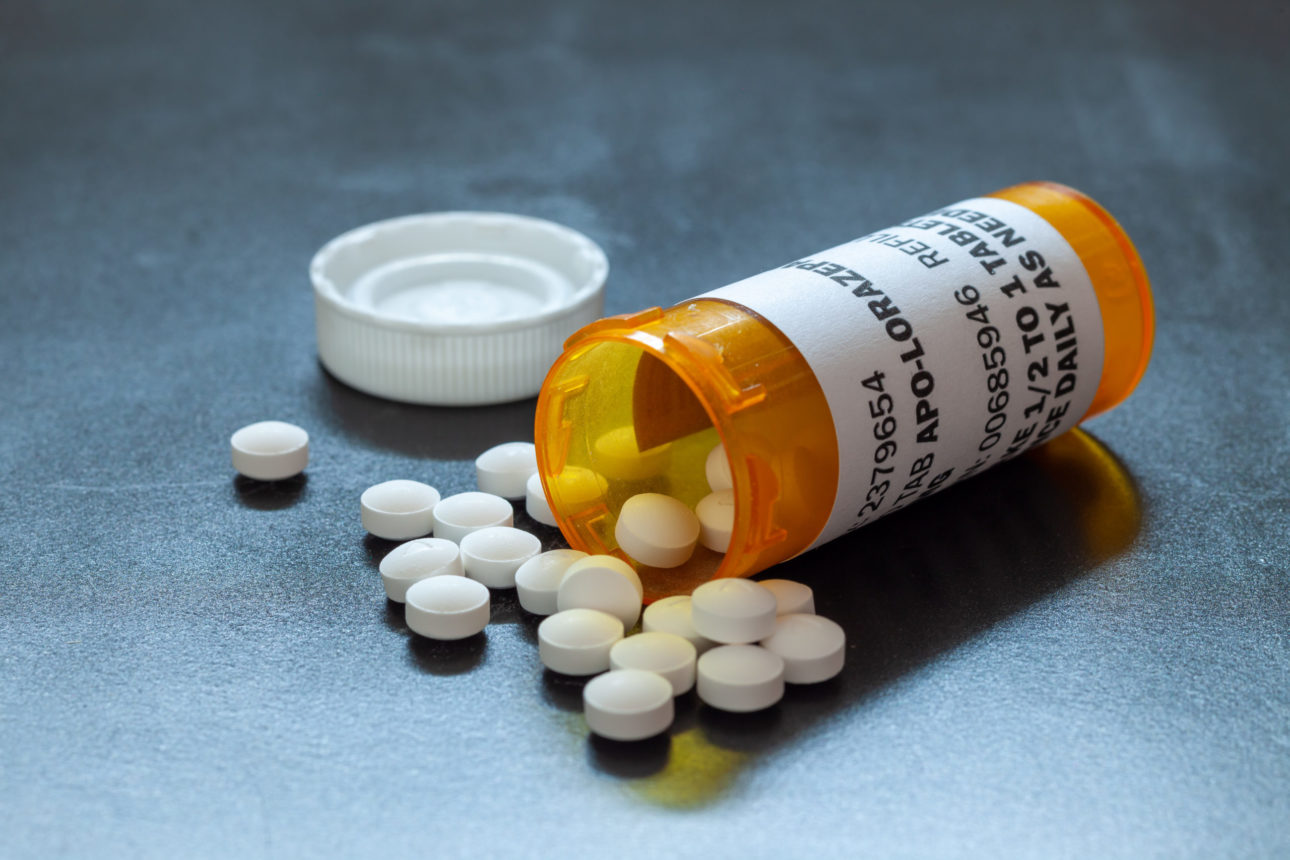



 The reason why many people with depression turn to opioid substances is because of the chemical Dopamine that is released when the
The reason why many people with depression turn to opioid substances is because of the chemical Dopamine that is released when the 
